By Alessandra Grandoni
“We pulled it off” said the salvage firm hired to extract the giant container ship that blocked the traffic in the Suez Canal for almost one week.
The blockage has been the source of much worry and frustration. The paralyzing effects of stranded Ever Given have left 367 ships unable to use one of the world’s busiest waterways linking the east and the west. A “traffic jam” in the Red Sea has never been experienced before.
Countless businesses, from gas and oil industry, to domestic transport providers, retailers, supermarkets and manufacturers have been affected by delays and concerns for rise in prices.
Numbers are big: the Ever Given is 400m-long and weighs 200,000 tonnes, with a maximum capacity of 20,000 containers (it was carrying 18,300 containers when it wedged diagonally across the canal). Big numbers are associated to big risks.
It is indeed risky to set up a trade model of business depending on supply chains with very little room for error. The disruption from the Suez Canal blockage is another wake-up call for modern economies, a warning about how vulnerable our supply chains are.
Due to the pandemic, consumers found that ordering products online was an exciting adventure, irrespective of where the products come from and often disregarding other zero-miles products with better or equivalent quality.
After new coronavirus outbreaks began in China, obtaining supplies of medicines (including basic and common ones, such as paracetamol), vaccines and other vital equipment became challenging.
Similarly, one accident has trapped the maritime transport for days triggering painful consequences for the global trade.
In both cases, the modern economy was found unprepared to face unwanted events that however could have been foreseen in a long-term perspective.
Just another reminder of how imperative it is to encourage a long-term sustainable business and to ensure the resilience of our supply chains going forward.

